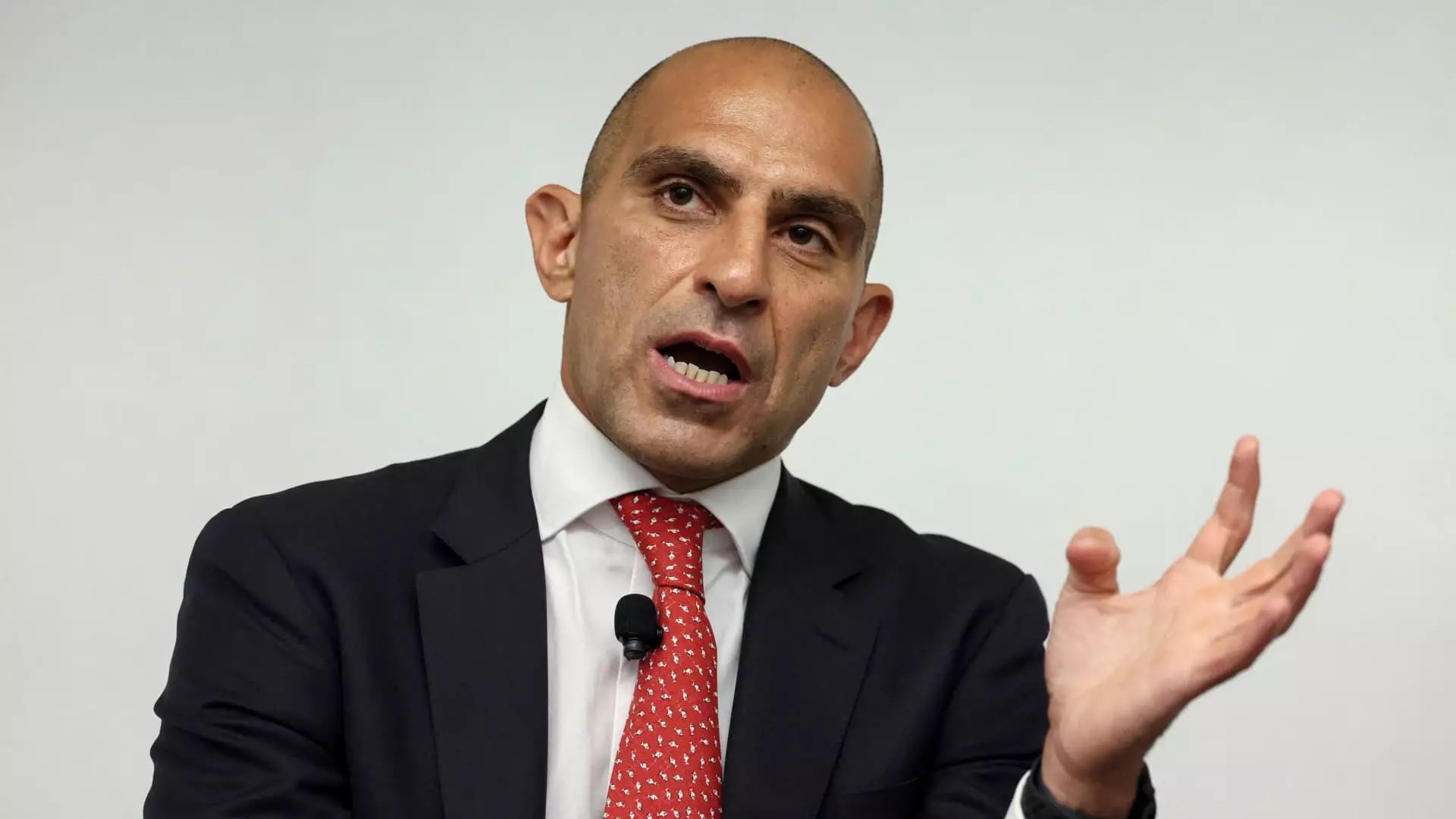The Commodity Futures Trading Commission (CFTC) finds itself at a crossroads as it navigates a rapidly transforming financial landscape marked by both political event contracts and the burgeoning realm of digital assets. As the agency’s chairman, Rostin Behnam, addresses the audience at DC Fintech Week in Washington, D.C., it underscores the critical juncture the CFTC faces—not only in responding to court rulings but also in establishing consumer protections in a volatile digital marketplace.
The Legal Battle Over Political Event Contracts
The recent struggle over Kalshi, a financial exchange that sought to offer contracts based on U.S. election outcomes, plays a significant role in the CFTC’s current narrative. Having unsuccessfully attempted to block Kalshi’s operations, the CFTC faced a setback when an appeals court lifted a temporary injunction against the exchange. Behnam’s assertion that political event contracts are not permissible under the existing regulatory framework reflects a consistent agency stance held for nearly a decade. This legal battle highlights the broader implications for market integrity as the CFTC grapples with the tension between innovation and regulatory safety.
Despite the ongoing litigation, Behnam emphasized the CFTC’s commitment to maintaining market integrity while navigating these uncharted waters. The agency’s dilemma showcases an essential aspect of regulatory frameworks—balancing innovation against the potential for misconduct that new financial products can introduce.
Digital Assets and the Call for Regulatory Reform
The landscape of digital assets presents a unique challenge for the CFTC, especially as scams proliferate and consumer protection remains precarious. Behnam’s previous testimonies have expressed concern over America’s vulnerability in the face of rampant digital asset fraud, exhibiting the urgent need for a cohesive regulatory response. His call for congressional legislation is significant; without a structured approach, investors are left exposed to potential pitfalls posed by an unregulated market.
With the rise of cryptocurrencies and other digital instruments, the financial system’s integrity hangs in a delicate balance. Behnam articulates a vision where a well-defined legislative pathway would not only safeguard investors but also bolster confidence in the financial ecosystem. The CFTC’s push for consumer protections reflects a broader sentiment of accountability that aligns with the principles of market integrity.
As Behnam continues his address and the CFTC navigates various complex issues, it is evident that the agency stands at a pivotal moment in its history. The rulings surrounding Kalshi and the urgent need for a regulatory framework for digital assets are intertwined challenges that demand comprehensive solutions. The future of financial regulatory practices will be significantly influenced by how the CFTC adapts to these changes while addressing the fundamental concerns of transparency and integrity in a rapidly evolving market. As the agency embarks on this journey, its actions will likely set precedents that shape the landscape of financial trading for years to come.


Leave a Reply